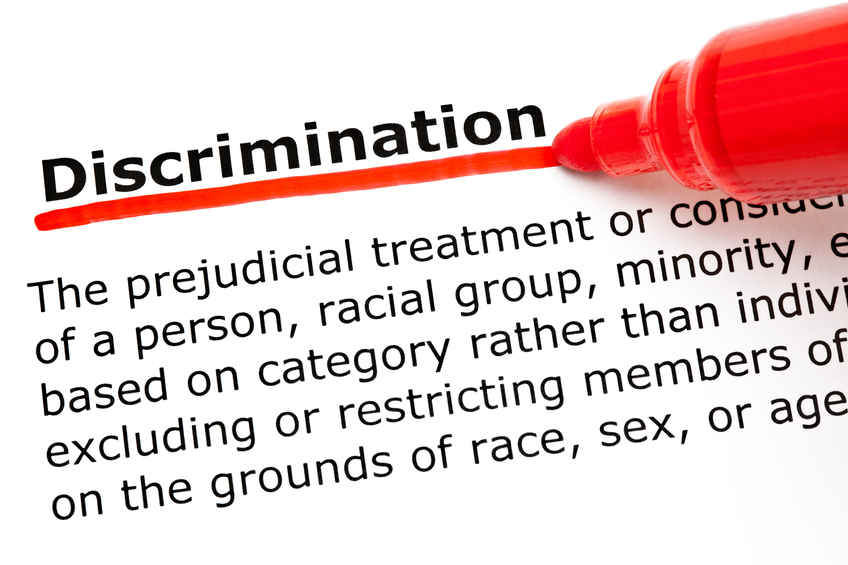According to a recent ruling, discrimination based on sexual orientation is not currently prohibited by federal employment law. The 7th U.S. Circuit Court of Appeals said it was bound by its own precedent to this effect and that only intervention by Congress or the U.S. Supreme Court could change it.
 |
Title VII of the Civil Rights Act of 1964 prohibits discrimination based on sex, and the federal government has interpreted that to include sexual orientation. But in Hively v. Ivy Tech Cmty. Coll. (No. 15-1720 (7th Cir. July 28, 2016)), the 7th U.S. Circuit Court of Appeals—which covers Illinois, Indiana, and Wisconsin—found that its own prior rulings dictate otherwise.
Controlling Precedent
The 7th Circuit in 1984 held that sex discrimination, as defined in Title VII, implies that it is unlawful for employers to discriminate against women because they are women and against men because they are men. “Congress had a narrow view of sex in mind when it passed the Civil Rights Act,” the 1984 court said.
That appeals court has reached the same conclusion several times since and in Hively, said it is bound by that precedent. To rule otherwise, the 7th Circuit said, it would need: (1) new legislation; (2) the Supreme Court’s intervention; or (3) to find that, as the high court stated in a 1992 decision:
The rule has proved to be intolerable simply in defying practical workability … whether related principles of law have so far developed as to have left the old rule no more than a remnant of abandoned doctrine … or whether facts have so changed, or come to be seen so differently, as to have robbed the old rule of significant application or justification.
And things just may be reaching that “intolerable” level, the 7th Circuit said. It is well settled that discrimination based on gender nonconformity qualifies as prohibited sex discrimination, the court said, and it is difficult to discuss sexual orientation without looking at gender nonconformity:
It seems illogical to entertain gender nonconformity claims under Title VII where the nonconformity involves style of dress or manner of speaking, but not when the gender nonconformity involves the sine qua non of gender stereotypes—with whom a person engages in sexual relationships.
“Perchance, in time, these inconsistencies will come to be seen as defying practical workability and will lead us to reconsider our precedent,” the court said.
Tomorrow we’ll take a look at what the Equal Employment Opportunity Commission (EEOC) has to say about all of this.
